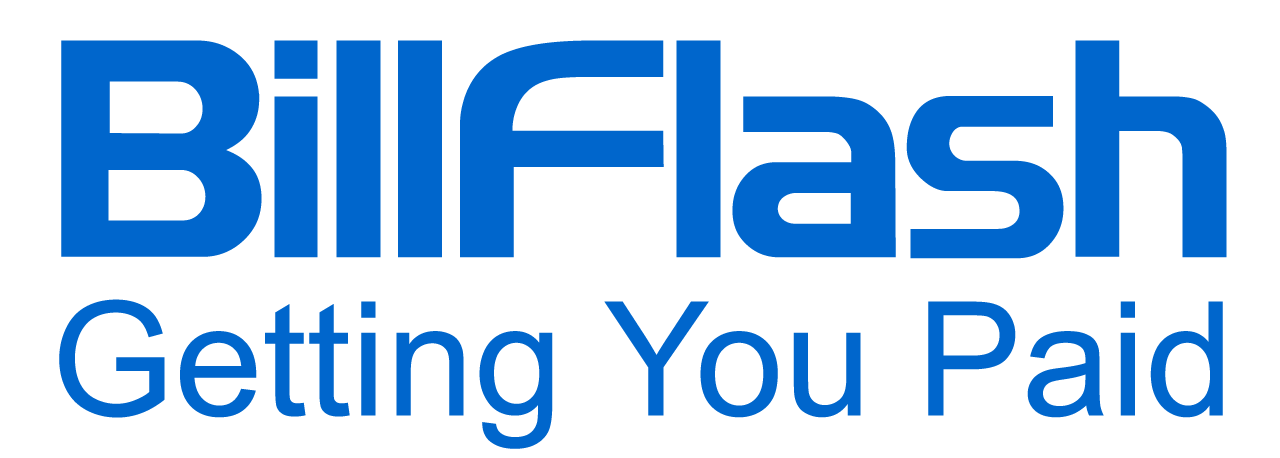Understanding medical billing errors in your practices can prevent costly disputes and civil penalties. Here are ways to avoid them.
Accurate medical billing is critical in every healthcare practice. It ensures the proper and on-time compensation of the clinic for offered services. It also prevents costly, time-consuming, and reputation-damaging legal issues. That's because billing errors can cause disputes that are expensive to resolve and hurt the hospital's bottom line. Additionally, they cause claim denials, delayed payments, and compliance risks. Understanding and avoiding common medical billing errors in your healthcare practices can prevent costly disputes and civil penalties.
Here are the five most prevalent medical billing errors to avoid in your clinic.
Coding Errors

Healthcare practices use billing codes to indicate the services offered to patients. When a code doesn't accurately correspond to the service offered in the clinic, underpayment or overpayment may occur due to upcoding or under-coding.
Upcoding happens when a hospital accidentally submits billing codes to an insurer for more expensive medical procedures than what was actually performed in the clinic. This coding error may come from entering ICD-10-CM codes with extra digits. Whether accidental or intentional, upcoding is considered fraudulent and can cause serious legal problems. On the other hand, under-coding happens when a billing code doesn't account for all services offered to a patient. This may result from entering ICD-10-CM codes with fewer digits than required, or from services provided being unaccounted for during the coding process. Under-coding can cause substantial revenue loss in healthcare practice.
Missing or Incorrect Patient Information
In healthcare practice, diagnoses, visits, and medical procedures offered to patients require documentation for insurers to make payment. If the necessary information about the patient is incorrect or missing, payment claims are denied or delayed. For instance, incomplete or incorrect patient names, birth dates, sex, insurance information, and treatment date can cause delayed payments or denied claims. Even typos may have the same effect. These errors may occur when an overworked employee in the billing department misreads a document from a physician, causing inaccurate data entry.
Incorrect patient records are not only a risk of claim denial, but they can also jeopardize people's trust in the hospital. That's because wrongful billing can make patients question the authenticity and ethics of the medical practice.
Filing for Non-Covered Services
Depending on various conditions, Medicare, Medicaid, or private insurance companies do not cover some medical services. Accidentally filing claims for non-covered charges results in payment denial. This error may occur when a patient seeks a medical service more frequently than the insurer allows or treatment not covered by the insurance company. Healthcare providers should check the insurer's website to verify coverage information and avoid this billing mistake. This ensures you inform patients in advance when a medical service will result in out-of-pocket expenses.
Unbundling
Unbundling is almost similar to upcoding. This error occurs when a healthcare provider uses different billing codes for medical procedures that should be charged as one. As a result, it wrongfully increases the amount practices receive from insurers. Here's an example:
In a routine surgical procedure, a medical provider may use different billing codes for incision and suturing instead of a single required billing code. This results in an overpayment. Whether accidental or intentional, unbundling is considered medical billing fraud. It can result in time-consuming lawsuits and expensive settlements to resolve disputes.
Duplicate Billing
One of the biggest mistakes on this list is billing a single medical service twice, which typically results in payment denial or delays. Duplicate billing may occur for many reasons, including:
- Re-filing a claim without allowing enough time for the original submission to process: This increases delays in processing and payment. One submission of a claim is enough.
- Submitting a revised claim as a new claim: If a correction of a previously submitted claim is necessary, do not submit the revised version as a new claim. Check if the health insurance provider allows hospitals to reopen claims for minor corrections or appeal denied claims.
In general, medical billing errors reduce your practice's bottom line. Health insurers may deny claims with errors, incomplete information, or missing details. While correcting the mistakes and resubmitting a claim is easy, resubmission delays payment processing. The best solution is to avoid errors when filing the initial claim. But how do you achieve that?
Best Practices to Avoid Medical Billing Errors

When medical billing errors occur, a practice's financial health is on the line— revenue can be lost, and expensive legal settlements may ensue. Adding salt to an injury, the medical entity may become barred from billing certain insurers like Medicare and Medicaid for several years, which means losing patients to competitors. To avoid these consequences, here are three best practices to implement in your healthcare practice:
Leverage Modern Technology
Modern billing technologies like BillFlash streamline healthcare organizations' billing, coding, and insurance reimbursements. They allow medical practices to manage all their billing needs in a single platform. They reduce human input in the billing process to eliminate errors.
In addition, billing solutions streamline the whole process. You can easily and quickly send bills to patients through text or email. Meanwhile, patients can conveniently pay online. Depending on your billing software provider, you gain access to qualified coders and billers to manage your insurance and reduce errors in the billing process.
Invest in Staff Training
Training will keep your clinical staff on top of changes in the healthcare industry, considering the ever-changing Medicare and Medicaid regulations. Additionally, ensure the relevant team has the right information about medical coding and billing changes.
Focus on Quality Assurance
Your billing team should double-check medical claims before filing with insurers. They need to verify that names, policy numbers, birthdates, and all essential information on the bill are accurate. Consider investing in a claim scrubber, a powerful technology that reviews and verifies insurance claims for accuracy and completeness before submission.
The Biggest Consequences of Medical Billing Errors (and How They Put Your Organization at Risk)

- Lost revenue: Undercoding results in underpayment. Filing for non-covered services leads to a claim denial, negatively impacting the medical organization's bottom line.
- Compliance risks: Medicare and Medicaid have specific regulations healthcare providers must comply with when filing a claim. Billing errors can cause a violation, resulting in lawsuits and expensive settlements to resolve disputes.
- Damaged reputation and patient trust: Overbilling can stain the good reputation of your medical practice. Affected patients may start doubting your moral principles and your organization's credibility.
Medical organizations should double-check their claims before submitting them to insurers. They should also use a powerful billing solution with a claim scrubber to reduce the chances of errors slipping into the final submission.
Eliminate Medical Billing Errors with BillFlash
Duplication, incorrect or missing information, unbundling, and coding mistakes are some of the biggest medical billing errors. Accuracy ensures your organization receives full reimbursements for services offered and, most importantly, prevents non-compliance.
Outsourcing your medical billing to an RCM service like BillFlash prevents errors and improves accuracy. It ensures claims are verified before filing. Our RCM services coupled with our medical billing software bring billing, payments, and collections under one roof, providing a truly end-to-end solution for eliminating the headache of ensuring timely and accurate payments.
Check out BillFlash's billing and payment solutions and see how they help accelerate revenue. Schedule a demo today!

